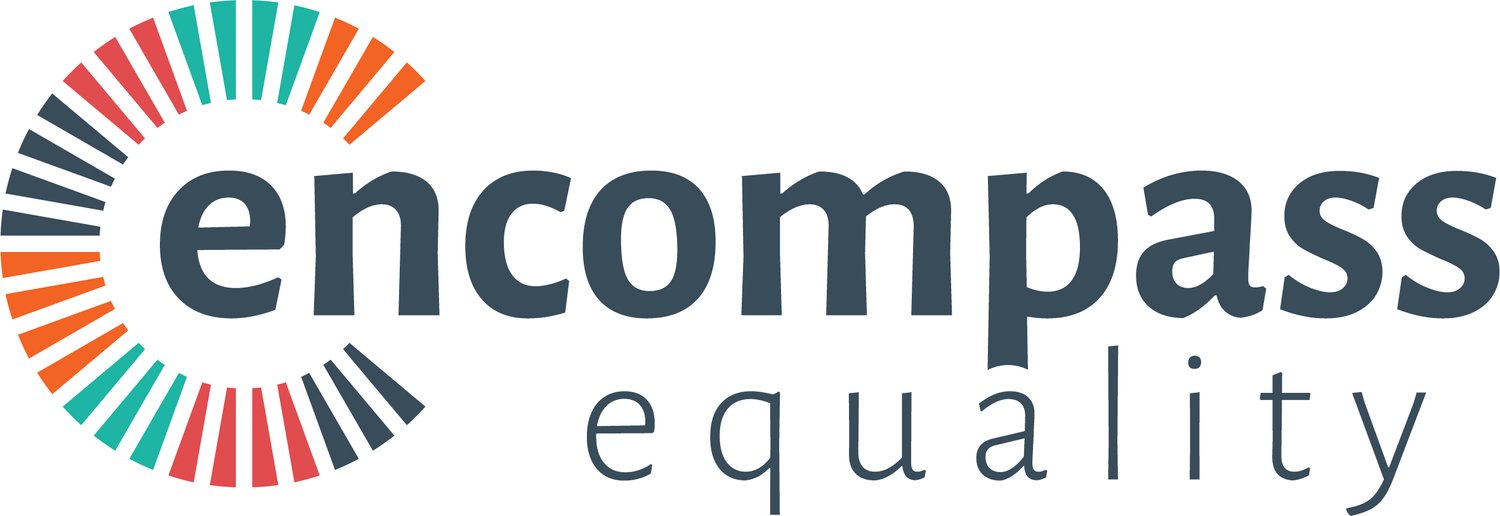One year on: Women’s confidence at work
It's hard to believe that 12 months ago to the day, My Confidence Matters held its launch event on the worst day of snow I can remember! Before the launch, we undertook a survey of working women asking specific questions about their working lives and self-confidence when in the workplace. A year on, we’ve been reflecting on the results of that survey and what they mean in practice. The survey was conducted from a sample of 300 women of varying ages, across a range of business sectors.
A significant percentage of the women surveyed - over 73% - felt that they lacked confidence in the workplace on a regular basis. Respondents acknowledged the challenges to feeling confident. On the basis of the results of that survey, Joy Burnford and her team looked at the sort of services that our respondents felt would be helpful in the development of confidence and practical skills. Over the past year My Confidence Matters has been working to deliver services that will achieve those aims.
It was clear that those surveyed were motivated to improve their confidence through training, skill-development and through networking. Building a community and being part of a community was selected by over half of those surveyed, followed by coaching and workshop options. Over the past year we have continued to listen to the women we work with in our workshops and coaching sessions.
One of the areas in which women feel they lack confidence is standing in front of an audience to make a presentation, a pitch or a speech. Our workshops on presentation are designed to develop the skills that support women and enable them to feel confident in front of an audience. Another area of our work aims to develop a more positive mindset, one that will enable women not only to appear confident but to feel confident. This fosters a more evidence-based form of self-evaluation, where women don’t opt for default negativity – “why should anyone listen to me?” - when assessing their performance in meetings and talks.
Research on the theme of women, workplace and confidence corroborates our data. Furthermore, the research pinpoints elements of institutional and societal bias that disable genuine equality of opportunity. Women can be deterred from seeking promotion because they feel the cards are stacked against them. If they see that, statistically, men are more likely to be promoted, then they will be more hesitant about applying for promotion. Research published in 2015 showed that certain established types of organisational structure and the demands placed on employees undermined women’s self-confidence. Additionally, statistics published in 2018 showing the staggering salary gap between men and women in similar positions also demonstrate that institutional bias operates against women not only in terms of career advancement but also in terms of remuneration, even when women achieve promotion. While some women may break through the ‘glass ceiling’, there is no guarantee that once there, they will achieve a salary that matches those of their male peers. A confident woman with a well-developed sense of her worth can tackle such inequality, feeling well-equipped to challenge the status quo.
Whatever goals and aspirations women have, our survey showed that training and skills development are a priority. By facilitating the development of such skills and positive attitudes, our aim is to instil a sense of confidence, one that enables and encourages women to achieve their goals. One year on, we believe that our mission to develop a more confident female workforce is as relevant as ever.
To download a copy of our research, please click here.
About the author
Dr Geraldine Perriam is an Honorary Research Associate at the University of Glasgow. She has worked in education for over thirty years and has also worked in the private sector. Much of her research centres on gender: women’s public and domestic lives, mental health and wellbeing and fiction written by women. She is a feminist geographer, has worked in primary and higher education, the IT industry and educational management and policy development. She has taught research methods to undergraduate and postgraduate students. Her work for My Confidence Matters involves analysis and reporting of survey results and current research on women’s experiences in the workplace.
Sign up here to receive our monthly insights and inspiration, join our community and get access to our latest updates, advice, news and resources.
